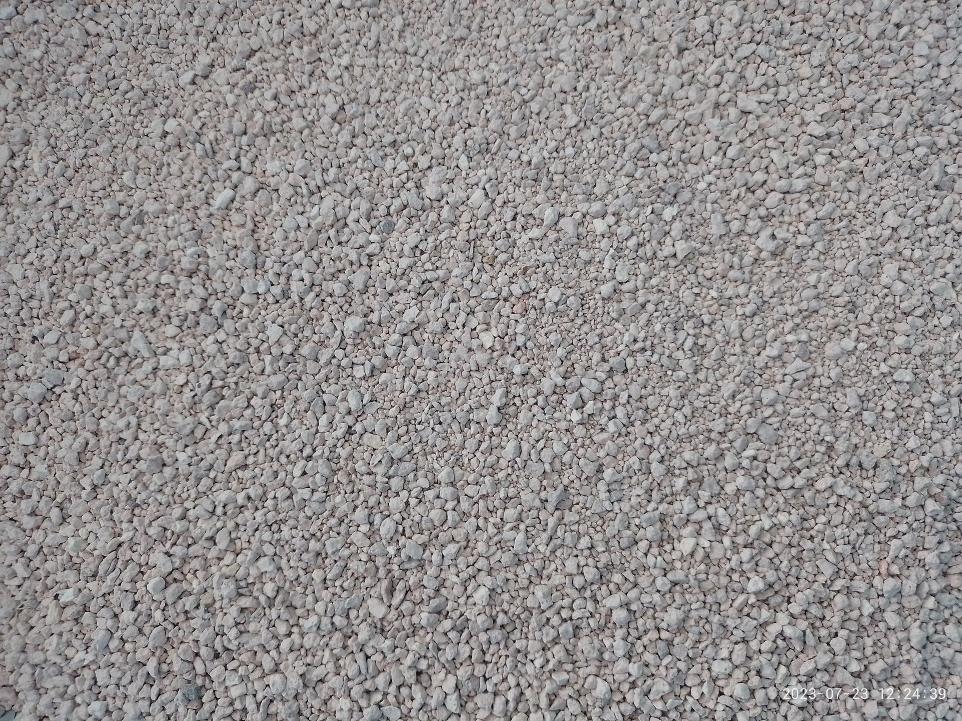What is Bentonite
Some of the most common uses of Bentonite are:

Like cat litter

For the production of balanced livestock feed

In the oil industry it is used to make drilling muds

Casting molds

Manufacturing of ceramic-based products

Clarification of wines and juices

Filtration and removal of impurities from oils and hydrocarbons

Sealing material for toxic, hazardous and radioactive waste

In civil engineering, to cement fissures and cracks in rocks

Excipient in the pharmaceutical industry

Detergent soap manufacturing

Preparation of paintings

Pavement construction

In some cosmetic makeups
The Ministry of Economy places Mexico as the 14th producer of bentonite worldwide
Commercially, bentonites were defined exclusively on a mineralogical basis in Madrid, Spain, during the 1973 International Clay Conference , at which Grim gave the most widely used commercial definition, according to which
Bentonite is a clay formed essentially by minerals of the smectite group, such as montmorillonite, regardless of occurrence or origin.
In other words:
Smectites are a group of clay minerals characterized by their lamellar structure, which consists of very thin layers of particles. These particles have a high water holding capacity and the ability to expand when in contact with water, allowing them to retain nutrients and moisture in the soil.

What is a Clay Mineral?
Key characteristics of clay minerals include:
Layered structure: Clay minerals have a lamellar structure with layers of atoms and molecules arranged in thin sheets. These layers are what give them special properties.
Swelling: Clay minerals have the ability to expand or swell when they absorb water. This swelling is an important property that allows them to retain water and nutrients in the soil.
High water retention capacity: Due to their lamellar structure and swelling capacity, clay minerals can retain large amounts of water, making them useful in agriculture to improve soil moisture retention.
Ion exchange: Clay minerals have a negative surface charge that allows them to exchange ions with water and other substances. This is crucial in retaining nutrients in the soil and purifying water.
Diversity: There are several types of clay minerals, each with specific properties. For example, montmorillonite is known for its swelling ability, while kaolinite is less expansive but has other useful properties.
Sodium Bentonite or Sodium Bentonite
Natural sodium bentonite is a clay that expands in contact with water, forming an impermeable membrane if confined. This variety contains a high level of sodium ions, expands when wet, absorbs several times its dry weight in water and can increase up to 12 times its volume. Due to its excellent colloidal properties it is often used in drilling muds from oil and gas wells, and for geotechnical and environmental research. Sodium bentonite is much more absorbent than calcium bentonite.
The expansion characteristic makes sodium bentonite useful as a sealant, and for quarantining contaminating metals from groundwater. Also in the manufacture and waterproofing of walls, formation of waterproof barriers to seal and cover water wells.


Calcium Bentonite or Calcium Bentonite
It is a variety in which the predominant exchangeable cation is calcium. It does not have the expansion capacity of sodium bentonite, but it has absorbent properties.
What distinguishes calcium bentonite from other varieties of bentonite is its higher calcium content in its structure.
Some key features of calcium bentonite include:
High Calcium Content: As the name suggests, calcium bentonite contains a higher percentage of calcium compared to other types of bentonite, such as sodium bentonite.
Swelling Capacity: Calcium bentonite has the ability to swell in the presence of water, making it useful in sealing and waterproofing applications.
Absorption Properties: Like other bentonites, calcium bentonite has absorption properties, meaning it can adsorb (retain) water and other substances.
Stability in alkaline conditions: Calcium bentonite is known for its stability in alkaline conditions, making it suitable for use in sealing applications in alkaline environments.
Great benefits in the manufacture of supplements or livestock feed, as well as an excellent filter of impurities in hydrocarbons and oils.

CDMX | ESTADO DE MÉXICO | QUERÉTARO | GUADALAJARA
